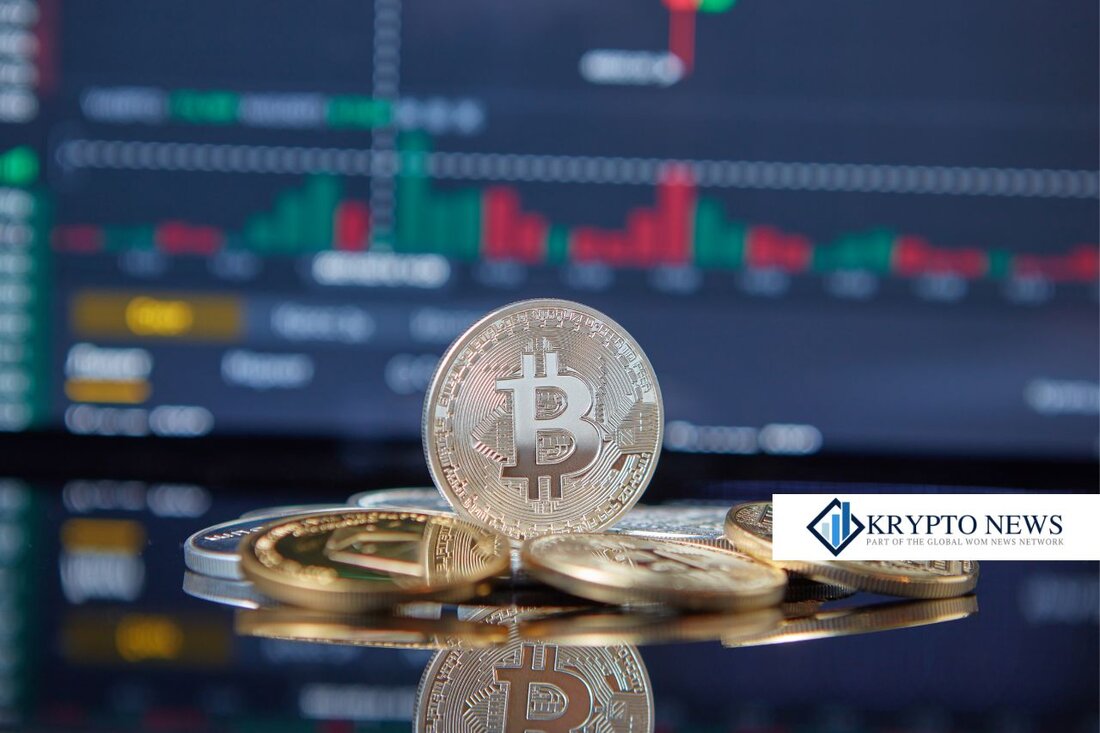Bancor is suing Uniswap: Dispute over patents questions defi-open source principles
Bancor sues Uniswap: Questions about Defi and the right of AMM technology raised in a remarkable step, Bancor has submitted a patent lawsuit against uniswap. These legal arguments not only raise questions about the rights to the automated market maker (AMM) technology, but are also in direct contrast to the basic principles of the open source idea within the defi community. ...

Bancor is suing Uniswap: Dispute over patents questions defi-open source principles
Bancor sues Uniswap: Questions about Defi and the right to AMM technology raised
In a remarkable step, Bancor has submitted a patent lawsuit against uniswap. These legal arguments not only raise questions about the rights to the automated market maker (AMM) technology, but are also in direct contrast to the basic principles of the open source idea within the defi community.
Bancor argues that uniswap has violated existing patents by using their technology. This could have far-reaching consequences for the Defi industry, which is often based on the idea that innovations should be open and accessible to everyone.
The lawsuit could shake confidence in the defi platforms and toast discussions about the need for copyrights and patents in a sector that relies on decentralization and transparency. Critics fear that such legal steps could endanger the innovative strength in the Defi area, while advocates indicate that patents should be necessary to protect creative ideas and investments.
The development of this lawsuit is followed by the blockchain community with great interest, since it could possibly influence the course of regulation and development of defi platforms. The outcome of the procedure could show how existing legal framework conditions with the dynamic and often unfamiliar technologies harmonize in the financial sector or have conflict.
The debate about the rights to AMM technology and the idea of the open source is expected to increase, since other actors in the defect sector could be involved in legal questions in a similar way. The financial future and the technological development of the DEFI industry could be strongly influenced by these legal disputes.

 Suche
Suche
 Mein Konto
Mein Konto
